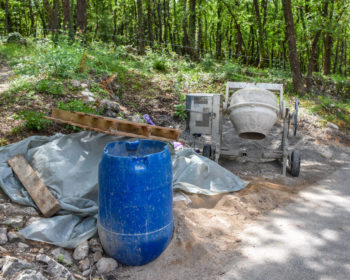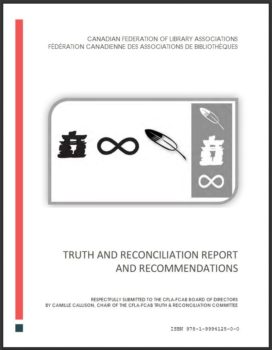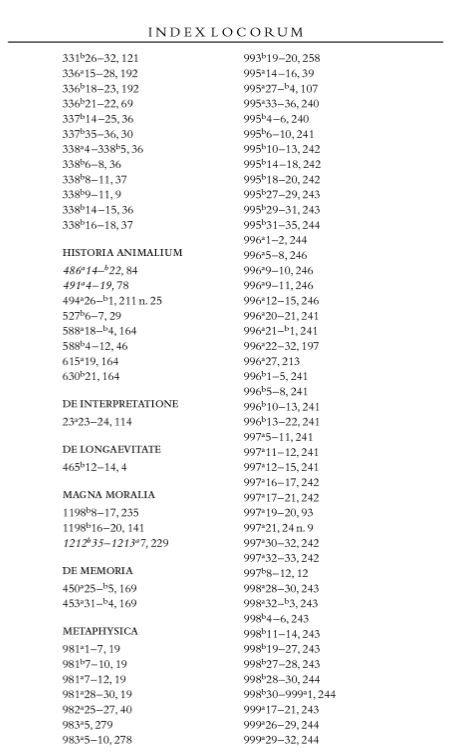The Indexing Society of Canada / Société canadienne d’indexation (ISC/SCI) is Canada’s national association of indexers.
We invite you to find an indexer for your project, read our publications, discover our conferences, events, and resources for indexers, find out about membership, and learn about the Society.
Find an indexer
Find an indexer who works in the subject area of your project.
Find resources
Find information about indexes, indexing practices, and training in indexing.
Attend an event
Attend a local meeting of indexers or attend the annual conference.
Become a member
Join the Society and enjoy the benefits of membership.
Featured Post
What practices will help me with good index term selection?
Construction plans
JoAnne Burek
 Writing an index can be like building a magnificent backyard storage shed one brick at a time, with no blueprint and no idea of what the finished product will look like.
Writing an index can be like building a magnificent backyard storage shed one brick at a time, with no blueprint and no idea of what the finished product will look like.
Initially, the work proceeds cautiously and slowly; many decisions are made by feeling. Enthusiasm turns to discomfort as the growing structure begins to look awkward and messy. We push through it. As we approach the final chapters, the layout becomes apparent, and the speed picks up as we reach the end of the book. Or, perhaps nothing is clear until we step back and edit the whole thing.
Is there a better way? Fred Leise, renowned indexer and Berkeley course instructor, points out that indexers are often advised to “mirror the structure of the text” but we are not told how to do that. Fred will show us how at the ISC/SCI conference in Ottawa May 24-25.
Behind the screen look at decolonization of terms
Indexing Society of Canada
 Last December, one of the topics that came up on the ISC-L list was the need to decolonize terms in the library classification system. In the ensuing thread, we heard that work was underway, driven mainly by the Canadian Federation of Library Associations (CFLA-FACLA).
Last December, one of the topics that came up on the ISC-L list was the need to decolonize terms in the library classification system. In the ensuing thread, we heard that work was underway, driven mainly by the Canadian Federation of Library Associations (CFLA-FACLA).
So, what is this work? Following up on the report of the Truth and Reconciliation Commission, the CFLA-FACLA formed a Truth and Reconciliation Committee to advance the Calls to Actions. In 2017, the Committee delivered an 87-page report. The report presents 10 over-arching recommendations and many detailed recommendations along four tracks, designed to help libraries in their efforts to advance reconciliation.
Work is indeed underway. We are thrilled to have the Chair of the Committee, Camille Callison, join us at the conference on Ottawa May 24-25. Camille will be accompanied by Katherine Kasirer, Senior Librarian at the National Film Board. They will give a joint keynote presentation on a special decolonization project: “A Behind-the-Screen Look at the Indigenous Knowledge Materials Classification Schema (IMCS) Implementation during the Creation of NFB’s Indigenous Cinema”.
You can register for the conference here.
Parliamentary information
Indexing Society of Canada

The House of Commons, Canada’s lower house of Parliament, is steeped in tradition. But progress carries on. When television cameras were installed in the 1970s, news coverage was changed forever, and arguably so were debating styles and citizens’ impressions of politicians.
Now renovations on the House of Commons original workplace have begun. When Centre Block reopens after 10 years, every aspect of the building and its systems will have been upgraded. Who can guess at the impact of these changes?
A recent change that has had a deep impact is the development of the House of Commons’ integrated system to record, publish, and manage parliamentary information. In our conference in Ottawa May 24-25, Alexandre Grandmaître and Martine Rocheleau from the House of Commons will explore how this technological change has turned indexing into information management, how business processes were adapted accordingly, and what challenges they face going forward.
An elegant niche
JoAnne Burek

Ever since Kate Mertes offered to talk about “indexing locora” at the ISC/SCI conference, we’ve been curious.
“Index locorum” literally means index of places. Other indexes with Latin names include index rerum (subjects), index nominum (names), and index verborum (words). It’s unlikely that you’ll see a book with any index named so elegantly, except for the index locorum…which is not an index of places in the everyday sense.
So, we wondered, what does an index locorum look like? We found one in Substantial Knowledge: Aristotle’s Metaphysics by C.D.C. Reeve. You’ll see it in the “Look Inside” feature on Amazon.com. This book has 300 pages of text, a 9 page Index Locorum and a 3 page General Index.
Kate says there is a growing demand for these types of indexes, but they are finicky. Learn how to work in this elegant-sounding niche at the conference on May 24-25 in Ottawa.
Sunday Workshop
Indexing Society of Canada
Names: The Challenge of Indexing
Presented by Enid L. Zafran
Date and time: May 26, 2019, 9 a.m. to 4 p.m.
Place: 12th Floor Desmarais Building, 55 Laurier Avenue E.
Cost: $105 Canadian (includes lunch)
Enid’s workshop was amazing! As expected, it was of tremendous help to new indexers, but even experienced indexers left the workshop quite pleased with what they had learned. Don’t miss your last chance to learn from the master.
—Connie Binder, chapter chair ASI Mid-Atlantic Chapter, January 2019
No matter what field of indexing you specialize in, no matter how long you have been an indexer, names always present a challenge. In addition to names of people, other types of proper names are considered, including major events, legal materials, titles, book characters, etc.
In this day-long workshop, Enid Zafran will consider names indexing from three aspects:
- the strategies to make them into index entries,
- determining when a name is “indexable,”
- the correct formatting and sorting of names of various types.
There will be hands-on exercises during the day (no laptop or software required).
This workshop was given for the first time in Chicago in October 2018.
Enid covered so many different naming principles that challenged us and illuminated our knowledge. Everyone who attended was enthralled with the presentation from this veteran indexer.
—conference participant
Note that this is the final time this workshop will be offered at a conference, so be sure to add this day to your conference time when signing up!
